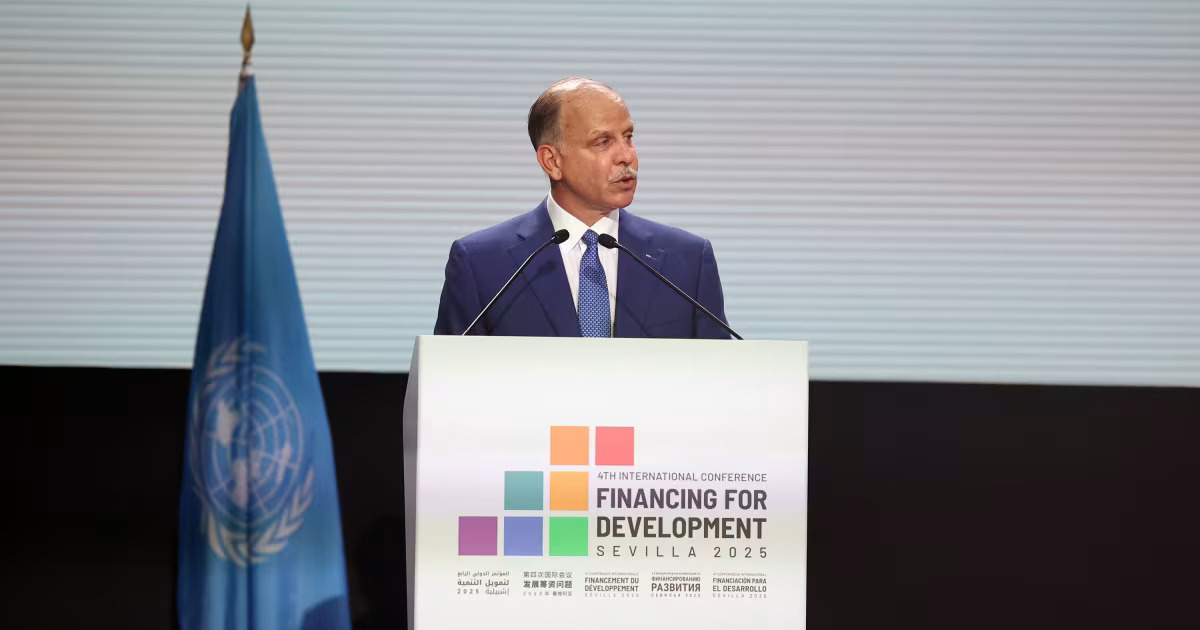[mkdf_dropcaps type=”normal” color=”#f55549″ background_color=””]W[/mkdf_dropcaps]
ith Cricket Australia, the NRL, Rugby Australia, AFL and Football Federation Australia all having made serious budget and employment cuts, it’s safe to say that the COVID-19 pandemic has turned employment on it’s head.
So, what does this mean for sports?
Though viewership has reached all-time highs, cuts of at least $40-50 million for all of the above leagues, and up to $400 million for the AFL are being made.
In 2019, Eurostat suggested men accounted for 54% of sport employment in the EU-27 with 35% of workers in sport employment aged 15–29.
Almost 40% of people employed in sport completed tertiary education.
It is now more difficult than ever to find and keep a job in sports.
Sportpeople Recruitment associate, Scott Oakhill, told Ministry of Sport that even though “right now there’s very few” job opportunities, he believed that it was more likely that senior and executive roles would be available over the next few months.
He said anyone who is out of work as a result of the pandemic, should be “taking a holistic view of what they provide”; and that job seekers should be “dusting off their CV” and performing “an evaluation of their brand”.
He emphasised that in the limited jobs that are currently available, and in order to stand out, job seekers should focus on “who they are, not what they are”; in other words, to “re-evaluate their value proposition” and identify what personal qualities or skills they can offer, rather than focusing too heavily on past roles.
He suggested that job seekers exclude positions more than five years old from their CV, unless those roles are of direct relevance.
When using LinkedIn, he advised users should be “making themselves as possible in a worthwhile fashion”, whilst keeping in mind that “digital fingerprints last forever”.
He also went on to explain that digital skills are “the way forward” and that “there’s a shortage in those skills at the moment”.
So, if you had ever planned on learning some new digital skills, or cashing in on existing skills, now is your time.
Oakhill also explained how, in the sports industry, it is important to strike a balance between understanding both the industry and the digital direction it is moving in.
Moving forward, he said “we can be certain of a number of things: broadcast will be lower”, “sponsorship dollar will be harder to source” and the government may not be able to offer support, “not just at an Olympic level”, but at any level.
He concluded by expressing that sports is “an important industry that, along with some of our other key industry sectors needs to be supported as we return back into it”.
With the uncertain nature of the current job market, making small changes and switching approach when job hunting could just make all the difference.







